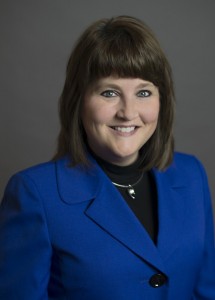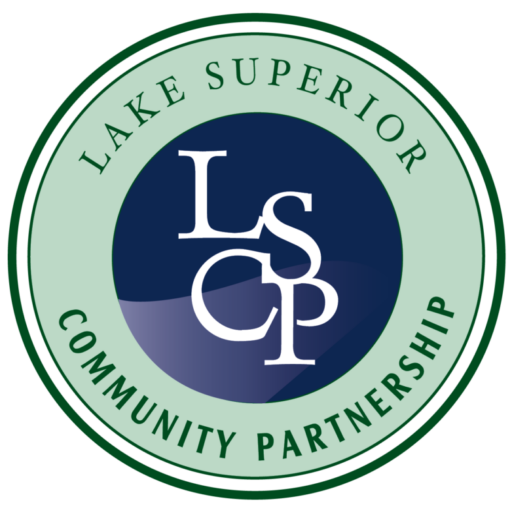Taking on the ‘Dark Store’ issue
Posted by Lake Superior Community Partnership on October 30, 2015
 I am sure, by now, you have heard about what most refer to as the “dark store issue” that has hit Marquette County hard. The best overview I have seen of this complex issue came from the Michigan Association of Counties which reads:
I am sure, by now, you have heard about what most refer to as the “dark store issue” that has hit Marquette County hard. The best overview I have seen of this complex issue came from the Michigan Association of Counties which reads:
Michigan has three accepted methods of determining a property’s “true cash value,” or fair market value:
Comparable sales (sales approach)
The cost of construction less depreciation (cost approach)
How much income a property produces (income approach)
Counties typically have valued “Big Box” stores such as Home Depot and Meijer based on cost approach, up to a few years ago.
The corporations, however, have convinced the Michigan Tax Tribunal (MTT) to rely on the sales approach. And since they usually refuse to sell their older structures to other retailers, and have even imposed deed restrictions on vacated property to block their use for retailing, these corporations have argued, successfully, that their current locations should be compared to vacant – or dark – structures. This has become known as the “Dark Store” approach to valuing property.
Acceptance of this practice by the MTT has created special taxation treatment for such retailers and shifted more of the burden for financing basic public services onto homeowners and other businesses.
Now appropriately being recognized as a statewide issue, it was first brought to light by Marquette County’s local units of government. While moving the needle on this issue hasn’t been easy or cheap, the Marquette County Board has not quit as a leader or by rolling up their sleeves to find a solution.
The interesting thing to me is that the answer to this problem is also a textbook lesson in public policy, where the public’s voice can and will make a difference. In order to solve the issue at hand, legislation had to be written, which means engaging our state elected officials. Fortunately for the U.P. our legislators have stepped up to take the lead on crafting SB524 and HB4909, which are now in the committee process in Lansing.
As part of the process, there will an opportunity for your voice to be heard. Committees will accept testimony to hear perspectives from all sides of the issue.
If you don’t think the decisions by the Tax Tribunal will affect you and our community, consider this: in 2014, the impact to our local communities amounted to several million dollars. Those dollars came from local municipalities, Marq-Tran, fire services, veteran services, senior services, Iron Ore Heritage Trail, Peter White Public Library, roads and schools. The very assets that make our community stand out among others.
Last week the Lake Superior Community Partnership (LSCP) board of directors unanimously voted to support SB524 and HB4909. In order for economic development to be successful, we must have a vibrant community as part of the package we sell. That includes taxpayer fairness so that no one sector is overburdened by the cost of maintaining the level of services the community expects. These bills will address the inequity that can be applied for and achieved today through the Tax Tribunal.
These bills do not take away a business’s ability to dispute or appeal their assessments. It is important that there be a mechanism in place for doing so, however, the process must be such that the end result is fair and equitable for all. There is a place in the community for all types, sectors and sizes of business.
Please take time to inform yourself on this issue. The Marquette County Citizens for Fair Share, a grassroots group in the area, is having an educational forum on Nov. 5 from 7 until 9 p.m. at the Ramada Inn. You can also receive updates on the LSCP website (www.marquette.org click business resources and government relations & advocacy).
Amy Clickner, CEO, writes a bi-weekly column for the Mining Journal.


